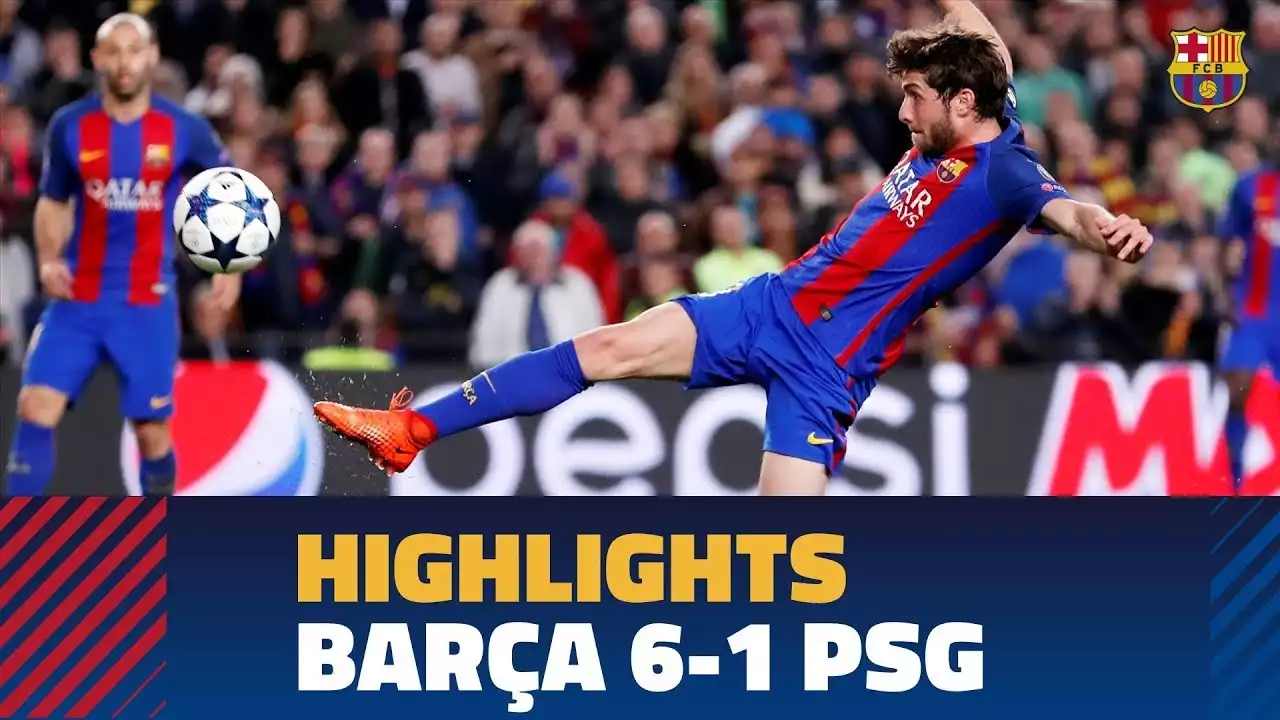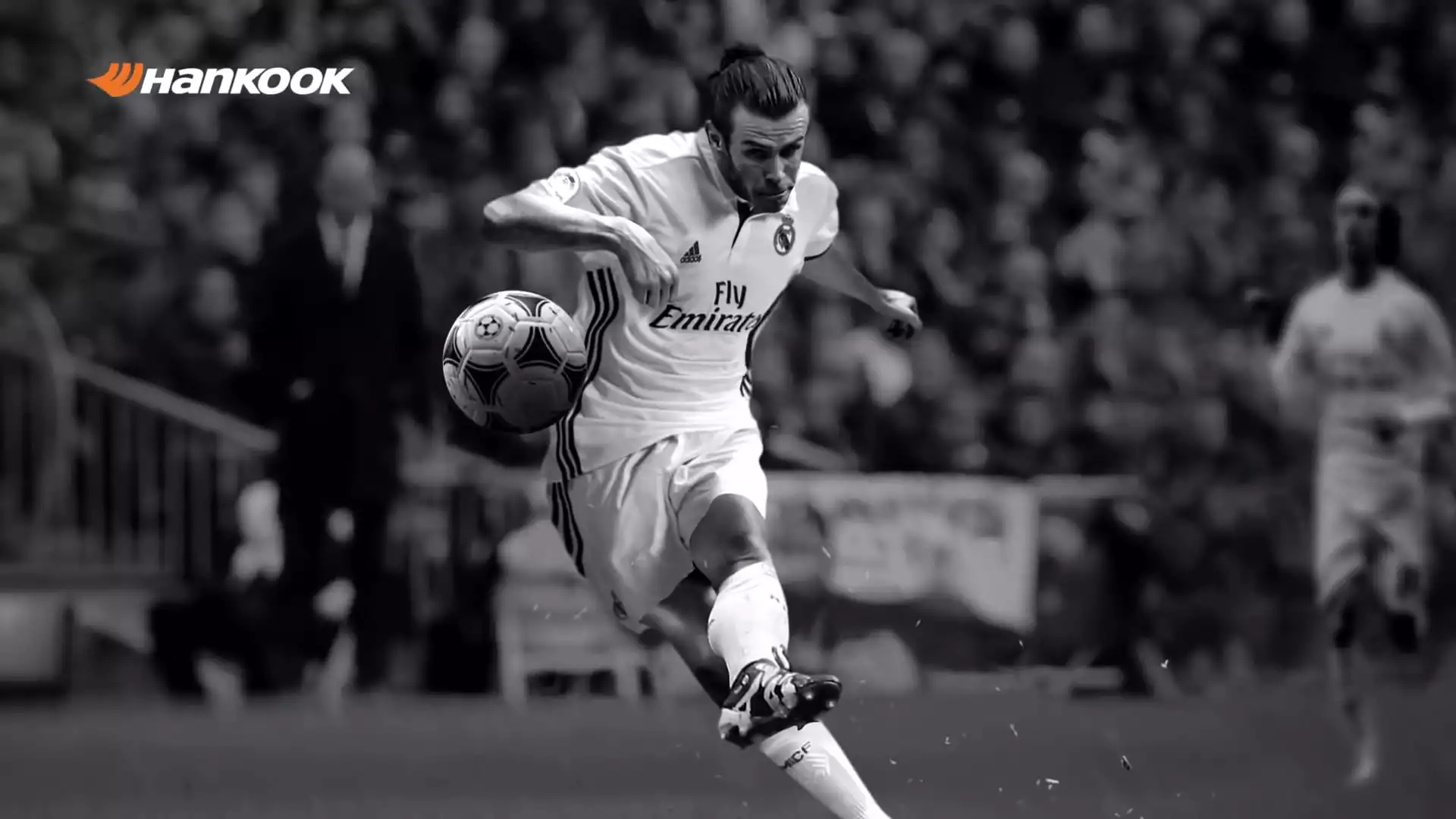History of the FIFA Club World Cup
The FIFA Club World Cup has a rich history that dates back to its inception in 2000 as the FIFA Club World Championship. The tournament was initially contested by the champions of each continental confederation, with European clubs dominating the early editions. European giants such as Manchester United, Bayern Munich, and AC Milan were among the early winners, showcasing their superiority over teams from other continents.
European Dominance in the FIFA Club World Cup
In recent years, European clubs have gone on to win several editions of the FIFA Club World Cup, displaying their superiority over teams from other continents. The dominance of European clubs can be attributed to various factors, including their financial resources, strong domestic leagues, and the caliber of players they attract. Clubs like Real Madrid, Barcelona, and Liverpool have consistently produced star-studded squads that have dominated the competition.
How European Clubs Have Influenced the Tournament
European clubs have not only dominated the FIFA Club World Cup through their victories but have also influenced the tournament in several ways. Their unique style of play, tactical brilliance, and technical expertise have shaped the dynamics of the competition and elevated the overall quality of football showcased. European clubs have set the benchmark for excellence, inspiring clubs from other continents to raise their game and compete at a higher level.
Tactics and Playing Style of European Clubs in the Tournament
European clubs are known for their tactical astuteness and adaptability. They bring a diverse range of playing styles to the FIFA Club World Cup, with each club representing a different approach to the game. Some clubs emphasize possession and intricate passing, while others rely on the speed and directness of their attacking play. The tactical diversity of European clubs adds excitement and unpredictability to the tournament, keeping fans on the edge of their seats.
Notable European Clubs and Their Impact on the FIFA Club World Cup
Several European clubs have left an indelible mark on the FIFA Club World Cup through their extraordinary performances and historic victories. Real Madrid, one of the most successful clubs in the tournament's history, has won the title multiple times and showcased their dominance on the global stage. Barcelona, with their unique style of play known as "tiki-taka," have mesmerized audiences with their intricate passing and quick movement. Liverpool, with their high-intensity pressing and attacking prowess, have provided fans with unforgettable moments in the tournament.
European Players Who Have Excelled in the Tournament
European players have consistently showcased their talent and skill in the FIFA Club World Cup. From Cristiano Ronaldo's breathtaking goals to Lionel Messi's mesmerizing dribbles, European players have provided moments of brilliance that have captivated audiences worldwide. These players bring their experience and expertise from their respective domestic leagues, elevating the overall quality of football in the tournament. European players often play a crucial role in their clubs' success, becoming the driving force behind their victories.
Challenges Faced by European Clubs in the FIFA Club World Cup
While European clubs have enjoyed significant success in the FIFA Club World Cup, they have also faced their fair share of challenges. The tournament's scheduling, which often takes place during the busy domestic season, can pose logistical and fatigue-related difficulties for European clubs. Traveling long distances to participate in the tournament can also disrupt their preparation and impact their performance. Additionally, facing teams with different playing styles and tactical approaches can present unique challenges that European clubs must adapt to.
The Future of European Clubs in the Tournament
As the FIFA Club World Cup continues to grow in stature, European clubs will likely play a vital role in shaping its future. With their financial resources and ability to attract top talent, European clubs will remain strong contenders for the title in the coming years. However, the competition from clubs in other continents is also increasing, and the gap between European clubs and others may narrow. This will lead to more intense and exciting matches, making the FIFA Club World Cup a truly global spectacle.
European clubs have undeniably influenced the FIFA Club World Cup through their dominance, unique playing styles, and exceptional players. Their impact on the tournament extends beyond just their victories, as they have raised the bar of excellence and inspired clubs from other continents to strive for greatness. As the tournament continues to evolve, European clubs will continue to play a pivotal role in shaping its future. The FIFA Club World Cup remains a platform where the best clubs from around the world come together to compete, and European clubs have played a significant part in making it the global spectacle it is today.










